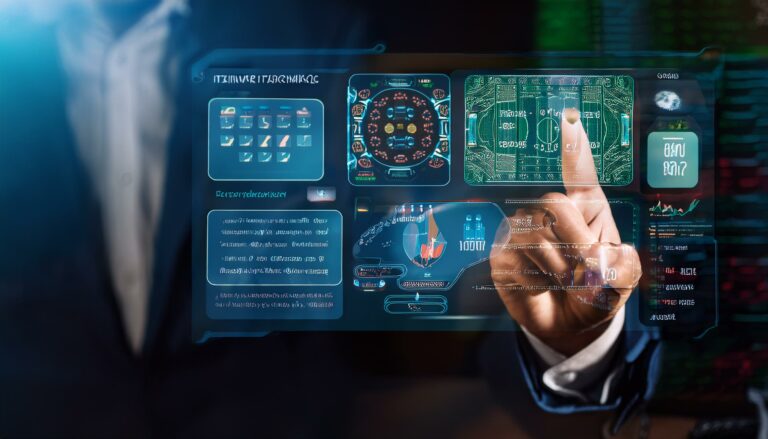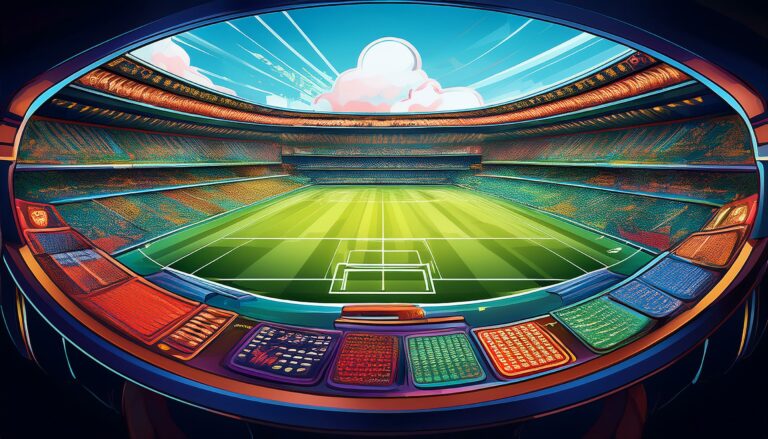IPL’s Influence on Umpiring Standards and Decision-Making Technology
99Exch, Gold365: The role of umpires in cricket has always been pivotal in ensuring fair play and upholding the spirit of the game. Over the years, there has been a significant evolution in umpiring standards, with the implementation of technology playing a crucial role in decision-making. Gone are the days when on-field umpires had to rely solely on their judgment and perception, as tools like ball tracking, ultra-edge, and hot spot have been introduced to aid in making more accurate decisions.
This shift towards embracing technology has not only enhanced the accuracy of umpiring decisions but has also added a layer of transparency to the game. The use of DRS (Decision Review System) has become common practice in international matches, allowing teams to challenge on-field decisions and ensuring that contentious calls are thoroughly reviewed. With the advent of technology, umpires are now better equipped to make informed decisions swiftly, thereby minimizing errors and maximizing the fairness of the game.
The Impact of IPL on Umpiring Decision-Making
Umpiring in cricket has always been a challenging task, requiring quick decision-making under immense pressure. With the advent of the Indian Premier League (IPL), the role of umpires has evolved significantly. The fast-paced nature of T20 cricket in the IPL has placed additional demands on umpires, as they are now expected to make split-second decisions on a regular basis.
The introduction of technology such as the Decision Review System (DRS) in the IPL has brought both advantages and challenges for umpires. While DRS has provided a tool for more accurate decision-making, it has also put umpires under greater scrutiny, with every call subjected to intense scrutiny from players, spectators, and commentators alike. The IPL has thus pushed umpires to adapt to a higher standard of performance, as the slightest error in judgment can have a significant impact on the outcome of a match.
Challenges Faced by Umpires in the IPL
Umpires in the IPL encounter a myriad of challenges throughout the high-pressure tournament. The fast-paced nature of T20 matches often leaves little time for decision-making, leading to split-second judgments that can be scrutinized intensely by players, fans, and commentators alike. The introduction of technology such as the Decision Review System (DRS) has added another layer of complexity, as umpires must adapt quickly to using technology to aid in their decision-making process.
Additionally, the IPL’s unique atmosphere, with packed stadiums filled with passionate fans and franchise owners, can create a daunting environment for umpires. The constant scrutiny and pressure to make accurate decisions under such intense scrutiny can be mentally taxing, leading to the potential for human error. Despite their best efforts to officiate matches fairly and impartially, umpires in the IPL face a challenging task of maintaining control and making accurate decisions in the heat of the moment.







